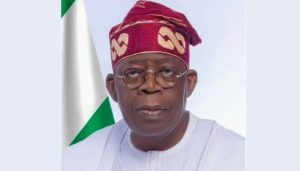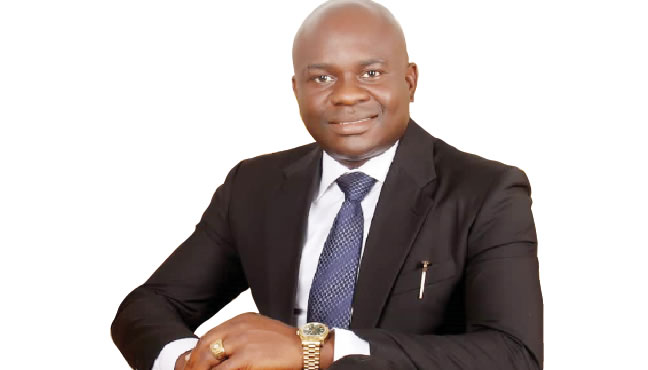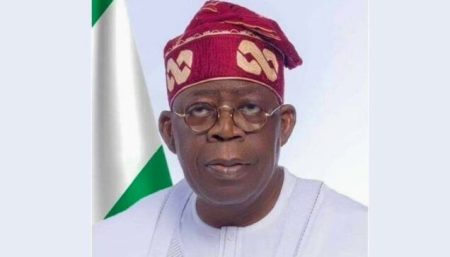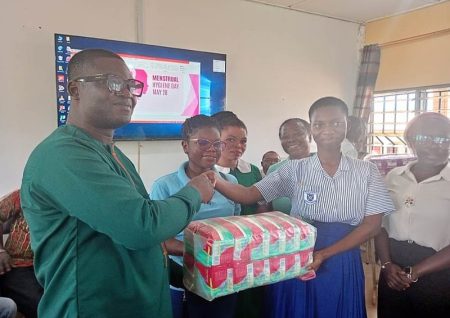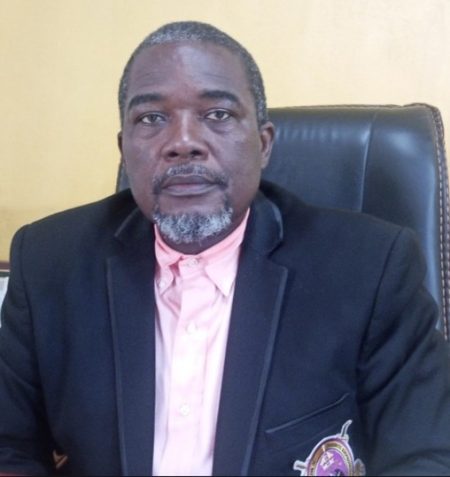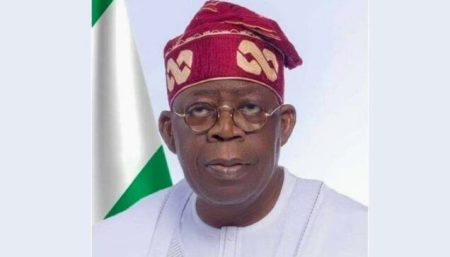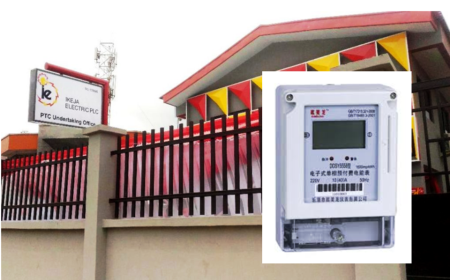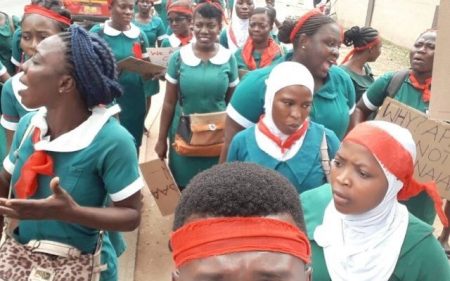Paragraph 1: The Genesis of the Legal Challenge
In the politically charged landscape of Rivers State, Nigeria, a legal battle unfolded in 2025, challenging the declaration of a state of emergency by President Bola Tinubu. Dr. Farah Dagogo, a former federal lawmaker and governorship aspirant, filed a lawsuit contesting the President’s decision, which included the suspension of Governor Siminalayi Fubara, his deputy, and members of the state House of Assembly. This action stemmed from alleged security threats, prompting the President to appoint Vice Admiral Ibok-Ete Ibas (retd.) as the state administrator. Dr. Dagogo’s lawsuit, filed on April 9, 2025, sought to determine the constitutionality of the President’s intervention, naming key figures like the President, Senate President, Speaker of the House of Representatives, and the appointed administrator as defendants.
Paragraph 2: Initial Proceedings and the Unexpected Transfer
The case, initially assigned to Justice Turaki Mohammed at the Federal High Court in Port Harcourt, was adjourned to May 26, 2025, for further proceedings. However, a twist emerged before the scheduled date. The Attorney-General of the Federation (AGF), a representative of the President and thus a party to the suit, requested the transfer of the case from Port Harcourt to Abuja. This request was subsequently approved by the Chief Judge of the Federal High Court, sparking outrage from Dr. Dagogo’s legal team. This transfer became the focal point of contention, raising questions about judicial independence and due process.
Paragraph 3: The Protest and Allegations of Interference
Dr. Dagogo’s legal team, led by Chief Cosmas Enweluzo (SAN), vehemently protested the case transfer, arguing that it constituted a violation of established legal procedures. They contended that the AGF, being a party to the suit, lacked the legal standing to initiate or influence such a transfer. Their protest letter, addressed to the Chief Judge and copied to the presiding judge in Port Harcourt, highlighted the potential damage to public trust in the judiciary if parties to a case could dictate the venue of adjudication. The letter criticized the transfer as an act of "forum shopping" and an abuse of court process, raising concerns about the fairness and impartiality of the legal proceedings.
Paragraph 4: Arguments Against the Transfer and Emphasis on Jurisdiction
The core of Dr. Dagogo’s legal team’s argument centered on the principle of jurisdiction and the importance of local context. They asserted that the Port Harcourt Division of the Federal High Court was the appropriate venue for the case, as the direct impact of the state of emergency and the actions of the appointed administrator were being felt primarily in Rivers State. They stressed that no party involved in the case had filed an application for transfer based on legitimate grounds, such as demonstrable injustice, further reinforcing their claim that the transfer was driven by ulterior motives.
Paragraph 5: The Call for Judicial Integrity and Due Process
Dr. Dagogo’s legal team implored the Chief Judge to reconsider the transfer decision and uphold the principles of judicial integrity and independence. Their appeal emphasized the importance of safeguarding the constitutional right to a fair hearing, arguing that the transfer undermined this fundamental right. They expressed confidence in the judicial system’s ability to deliver justice and ensure that it is perceived as being done impartially.
Paragraph 6: The Broader Implications and the Quest for Justice
The controversy surrounding the transfer of Dr. Dagogo’s lawsuit highlighted the delicate balance between executive power and judicial independence. The case became a microcosm of larger concerns about potential political interference in legal processes, especially in sensitive matters involving challenges to government actions. The outcome of this legal battle held significance not only for the immediate parties involved but also for the broader principles of due process and the rule of law in Nigeria. The case underscored the importance of a judiciary free from external pressures, capable of adjudicating disputes fairly and impartially, regardless of the political stakes.



